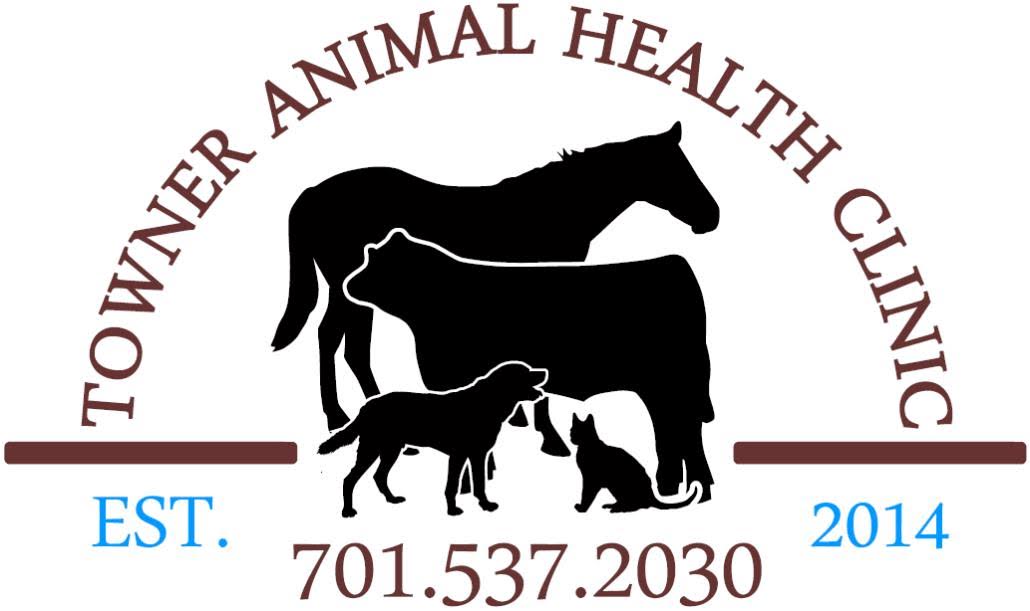Library
-
Adding a new kitten to your family is a lot of fun, but it is also a big responsibility. This handout reviews basic kitten care, including vaccinations, internal and external parasites, nutrition, and nail care. It also reviews the importance of early spay/neuter and microchip identification.
-
Congratulations on the addition of a new puppy to your family! This handout provides general care advice for your puppy, including nutrition, play and chewing behavior, housetraining, socialization, nail trimming, and basic first aid.
-
Owning a puppy can be an extremely rewarding experience but it is also a large responsibility that lasts the entire lifetime of the dog. Working with your veterinarian, there are several preventive measures to help keep your puppy safe and healthy as he grows up, including vaccination, parasite treatment and prevention, identification, and spaying or neutering your dog.
-
For many cats, a visit to the veterinarian can be stressful. Familiarize your cat with being inside a carrier: make the carrier a cozy and pleasant place to be – it is essential for your cat’s safety. Upon arrival at the veterinary office, try to relax and talk calmly to your cat. Bring delicious, favorite treats and a familiar towel that your cat can snuggle in during her examination.
-
Many dogs experience fear associated with veterinary visits. Once recognized, fear can be reduced with gentle handling techniques and structured behavior modification exercises such as desensitization and counterconditioning. Medications that reduce anxiety can be given before the visit, while full sedation may be needed for some fearful dogs or certain procedures. Over time, dogs can learn to cooperate in their care.
-
Are Booster Vaccines Necessary for Dogs?
La primovacunación (en el cachorro) es imprescindible para que algunas enfermedades muy peligrosas que hasta hace poco eran habituales no aparezcan de nuevo.Sin embargo, hay algunas vacunas que quizá no sean esenciales.
-
A successful road trip with a cat begins long before the day of travel. Teach your cat that the carrier is a great, everyday place to hang out. Take your cat's medical documents with you and be sure your cat wears identification during travel. Take a small supply of the litter your cat's used to and bring along water from home. Consult your veterinarian to create the best travel plan for your cat if she does not travel well.
-
A successful road trip with a dog begins long before the day of travel. If you have a small dog, teach him that his carrier is a great, everyday place to hang out. For larger dogs, there are several well-designed doggy seat belts for restraint in the back seat. Take your dog's medical documents with you and be sure your dog wears identification during travel. Consult your veterinarian to create the best travel plan for your dog if he does not travel well.
-
Cruciate Ligament Rupture in Cats
Los ligamentos cruzados son dos bandas de tejido fibroso que se localizan en las rodillas. Conectan el fémur y la tibia (los huesos que forman la articulación de la rodilla). Un ligamento va de la parte interior al exterior de la articulación y el otro va de la parte exterior a la interior, cruzándose en el medio.
-
Roundworms are the most common gastrointestinal worm found in dogs and can also be transmitted to people. They are of most concern to puppies when present in large numbers, causing stunted growth, a pot-bellied appearance, and recurrent diarrhea. Diagnostic testing, treatment, and preventive measures are explained in this handout.

